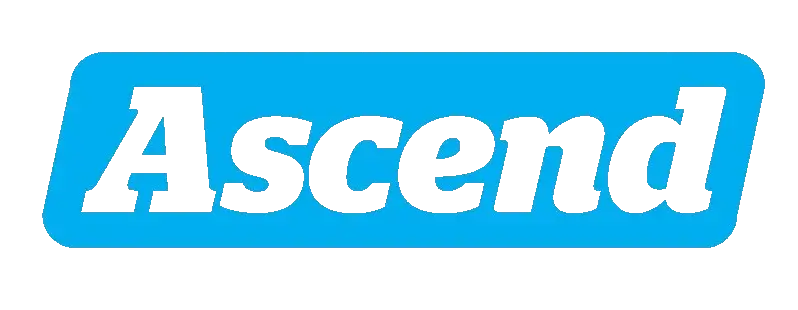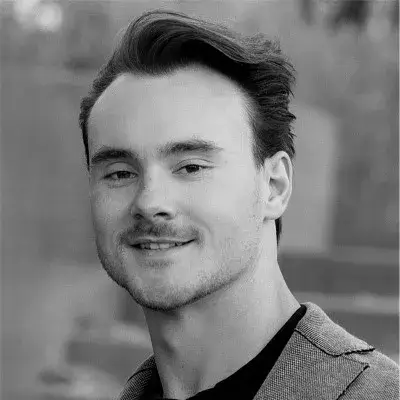We only take on 4 clients per month. Join our October cohort. 1 spot left.
Recommended Founder
Interviews


Dan Ahrens
Co-Founder and Managing Partner of Left Lane Capital
Funding the Future: Dan Ahrens, Co-Founder and Managing Partner of Left Lane Capital
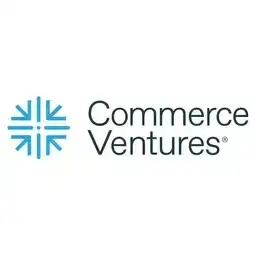
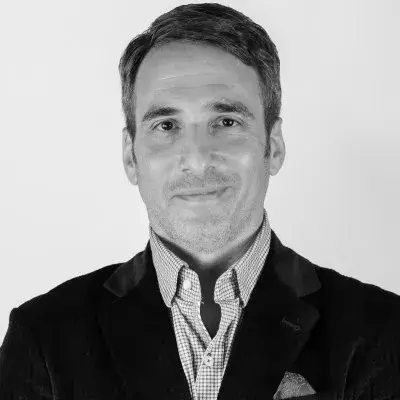
Dan Rosen
Founder & General Partner of Founder & General Partner
Funding the Future: Dan Rosen, Founder and GP at Commerce Ventures

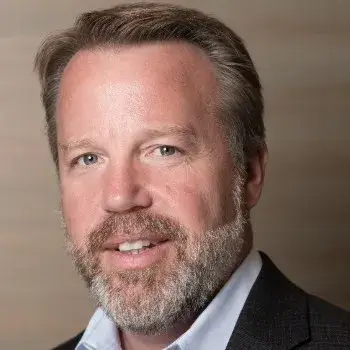
Mike Janke
Co-Founder of Data Tribe
Funding the Future: Mike Janke, Co-Founder of Data Tribe

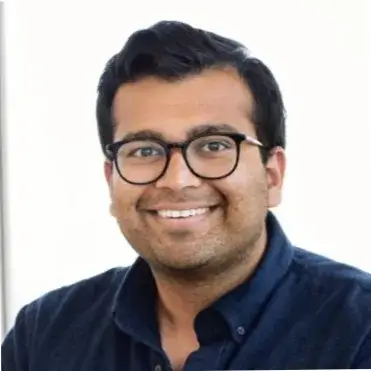
Rak Garg
Partner of Bain Capital Ventures
Funding the Future: Rak Garg, Principal at Bain Capital Ventures


Sabrina Paseman
Founding Partner of Omni Venture Labs
Funding the Future: Sabrina Paseman and Simon Lancaster, General Partners at Omni Venture Labs
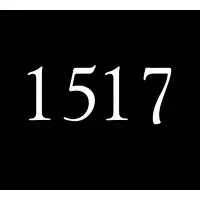
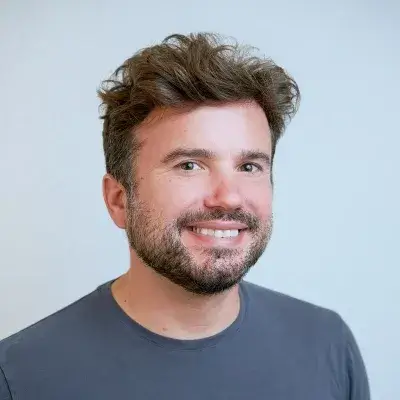
Michael Patrick Gibson
Founder and General Partner of 1517 Fund
Lighting the Paper Belt On Fire: a Discussion on the Failure of Traditional Institutions with 1517 Fund’s Michael Patrick Gibson

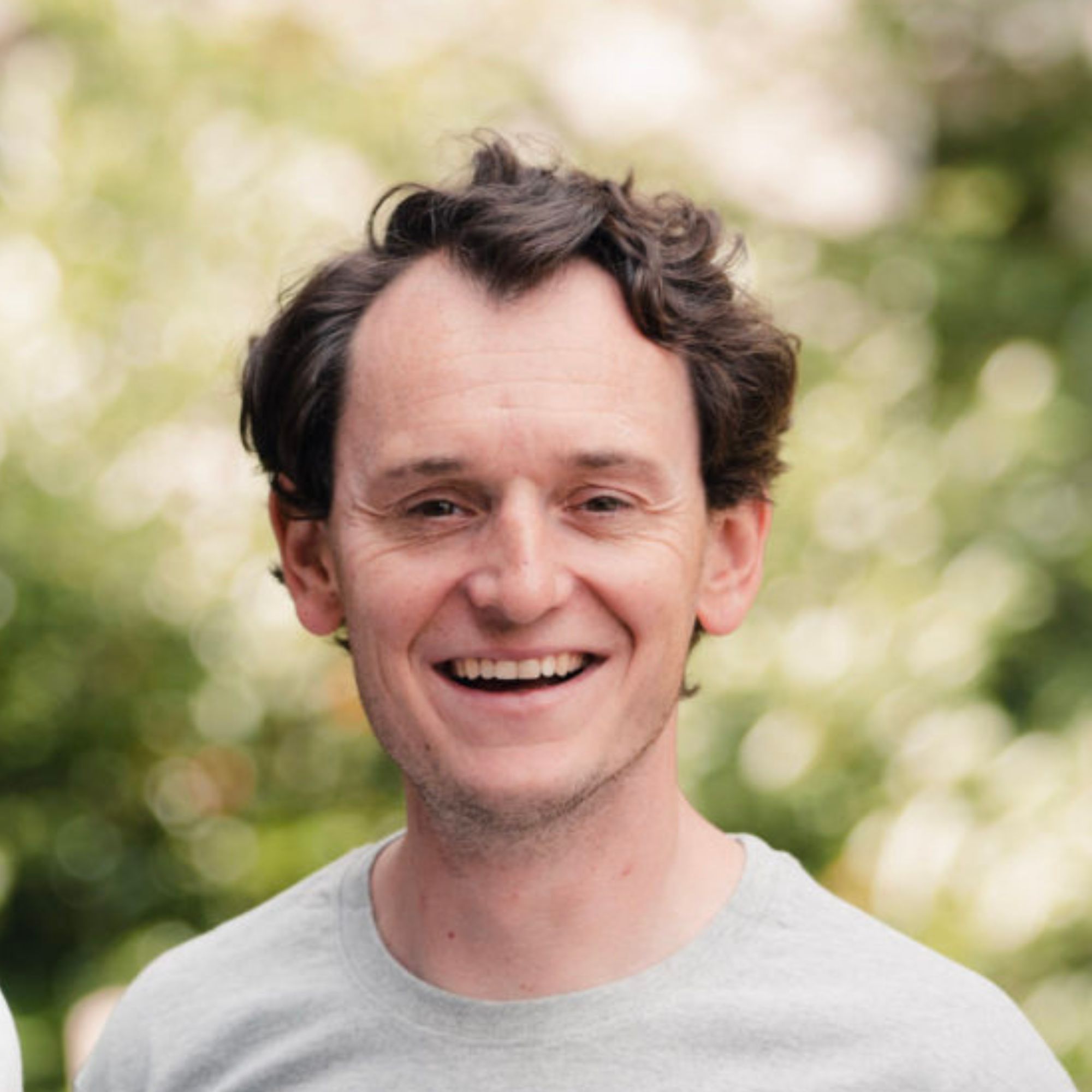
Geert Van Kerckhoven
CEO & Co-Founder of Oper
Geert Van Kerckhoven, CEO & Co-Founder of Oper: $15 Million Raised to Build the Future of Mortgage Tech Across Europe


Jeff Crusey
VC of 7percent Ventures
Funding the Future: Jeff Crusey, Deep Tech Venture Investor

Ren Riley
General Partner of Fin Capital
Funding the Future: Ren Riley, General Partner at Fin Capital

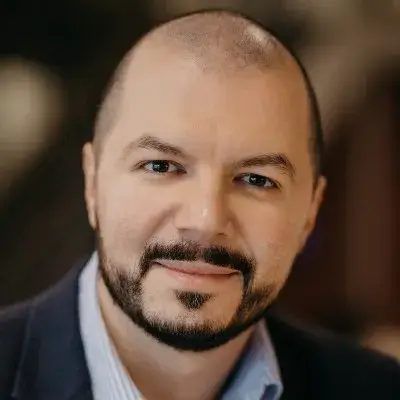
Zamir Shukho
CEO and General Partner of Vibranium VC
Funding the Future: Zamir Shukho, CEO and General Partner of Vibranium VC


Kyle Harisson
General Partner of Contrary
Funding the Future: Kyle Harisson, General Partner at Contrary

Clancey Stahr
Managing Partner of GoAhead Ventures
Funding the Future: Clancey Stahr, Managing Partner at GoAhead Ventures
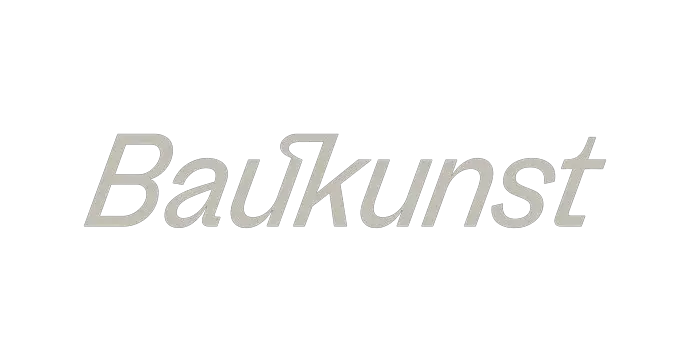

Axel Bichara
Co-Founder and General Partner of Baukunst
Funding the Future: Axel Bichara, Co-Founder and General Partner of Baukunst
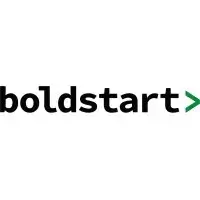

Shomik Ghosh
Partner of Boldstart Ventures
Funding the Future: Shomik Ghosh, Partner at Boldstart Ventures


Courtney Lipkin
Partner of Susa Ventures
Funding the Future: Courtney Lipkin, Partner at Susa Ventures


Adam Nelson
Managing Director of FirstMark Capital
Funding the Future: Adam Nelson, Managing Director at FirstMark Capital
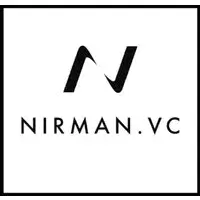

Nikhil Choudhary
General Partner of Nirman Ventures
Funding the Future: Nikhil Choudhary, General Partner at Nirman Ventures


Kendrick Kho
Co-Founder and GP of Sierra Madre
Funding the Future: Kendrick Kho, Co-Founder and GP of Sierra Madre
